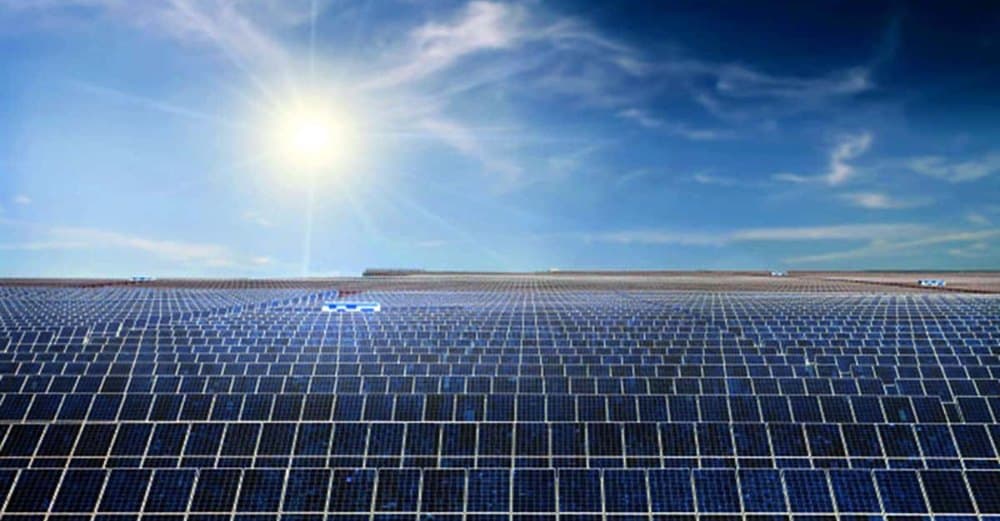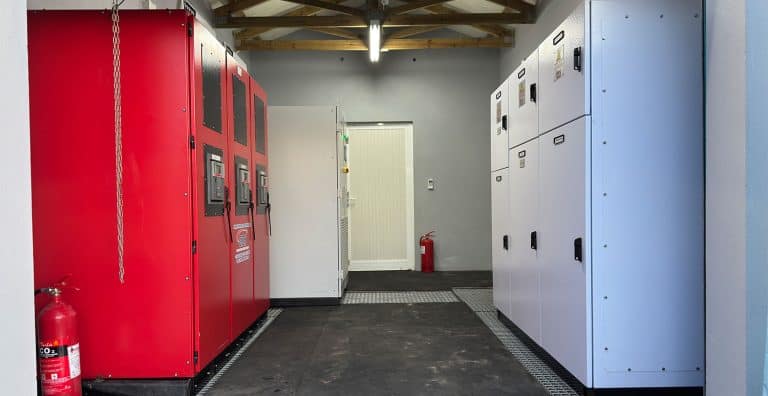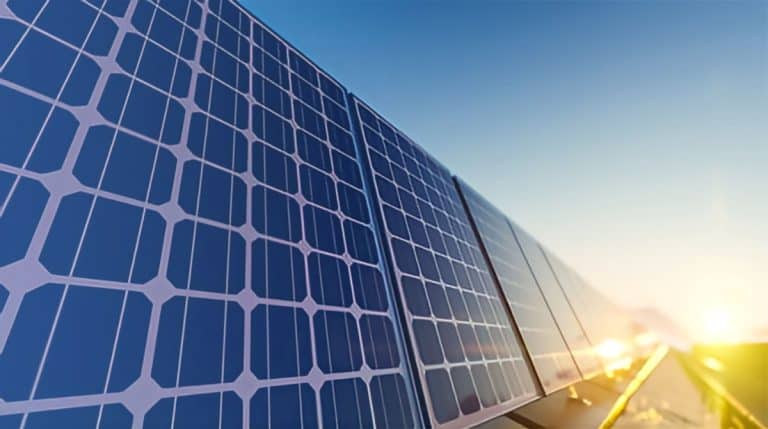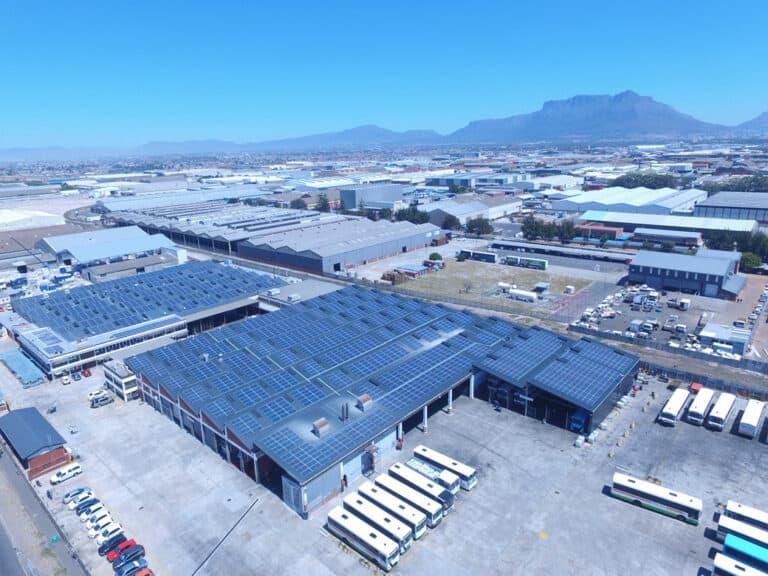Renewable Energy is rapidly changing the way we live our day to day lives and more and more people are making the move to a more sustainable lifestyle. With sunshine almost every day in most parts of South Africa, it makes sense that solar energy is a main source of alternative energy for businesses and homes alike. Wind power is also becoming more popular as high wind potential in the Western and Eastern Cape have made these two provinces pivotal in harnessing wind energy.
The types, or sources of renewable energy are: wind, solar, hydroelectric energy, biomass, and geothermal power, Simply put, it is sources of energy that are constantly replenished through natural processes. It is also beneficial because they have a very limited negative environmental impact and are proving to be more and more cost effective.
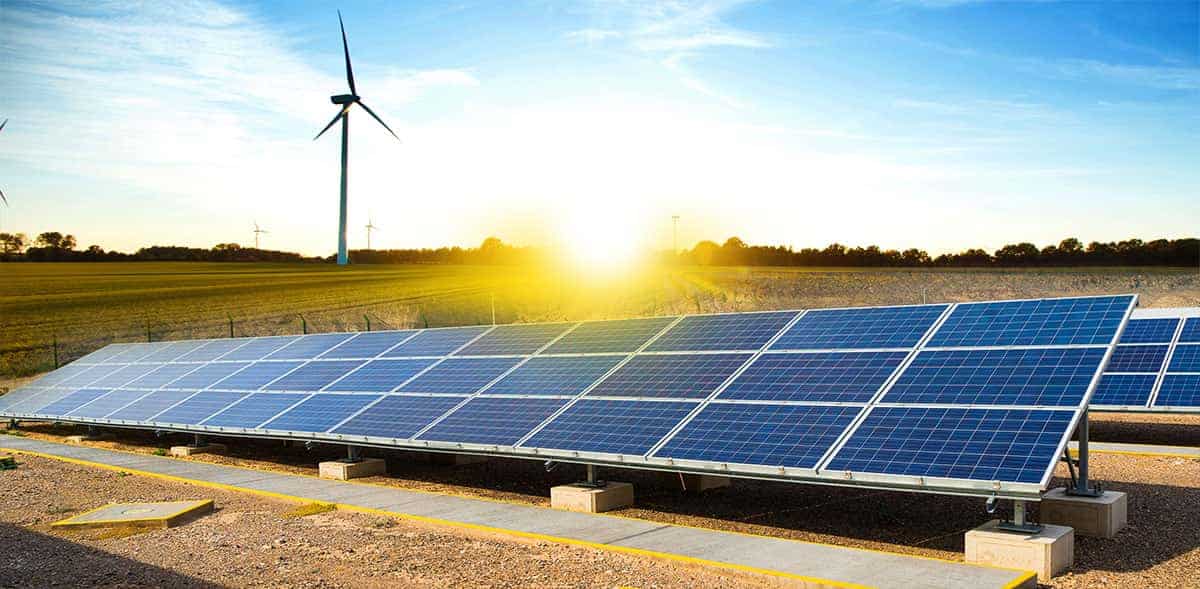
Advantages of renewable energy:
- Energy will not run out
- Maintenance is much lower
- There is lower reliance of foreign energy sources
- Numerous health benefits
- Saves money
There are disadvantages of alternative energy such as high upfront costs, geographic limitations and storage capabilities, however the positives far outweigh the negatives.
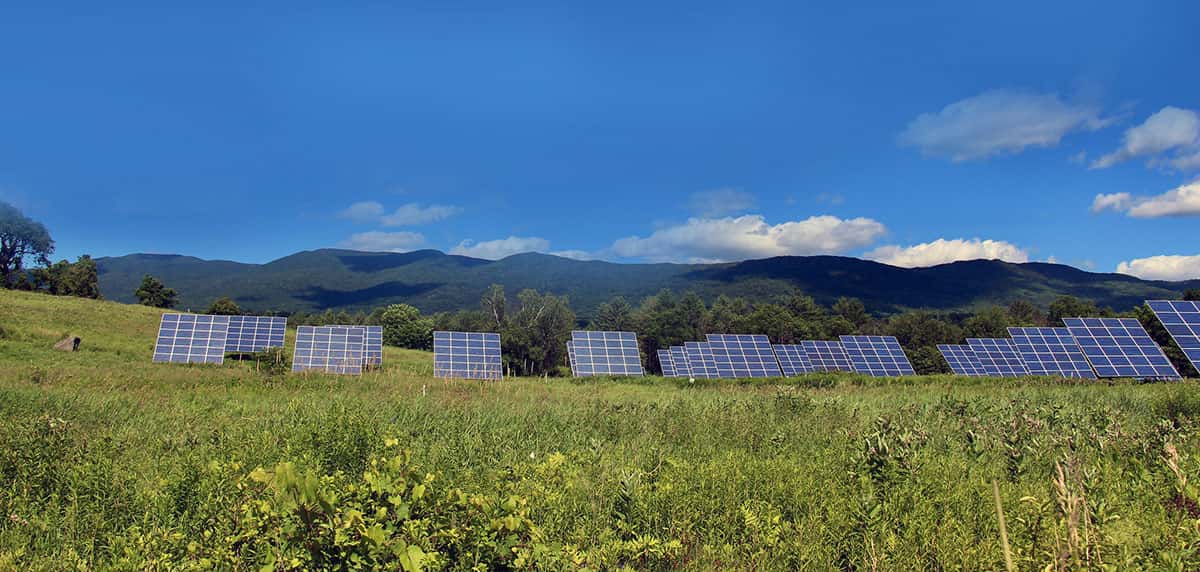
Facts about alternative energy:
- A single wind turbine can power up to 1400 houses
- The renewable energy industry offers more employment opportunities
- Green energy is more reliable than a power grid
- Solar power is not just beneficial during the day; power from the sun’s rays can be stored in salt and used at night too
- If taken advantage of to its fullest extent, sunlight beamed on the earth for 1 hour could meet world’s energy demands for an entire year.
Renewable energy is a key resource in providing power to South Africa and Africa as a whole. When taken into consideration that only a nominal percentage of Africa’s population has access to power, alternative energy can make a meaningful impact in improving the lives of millions of people.


